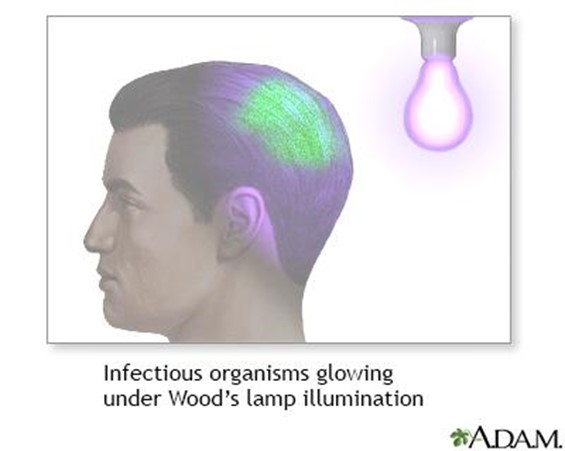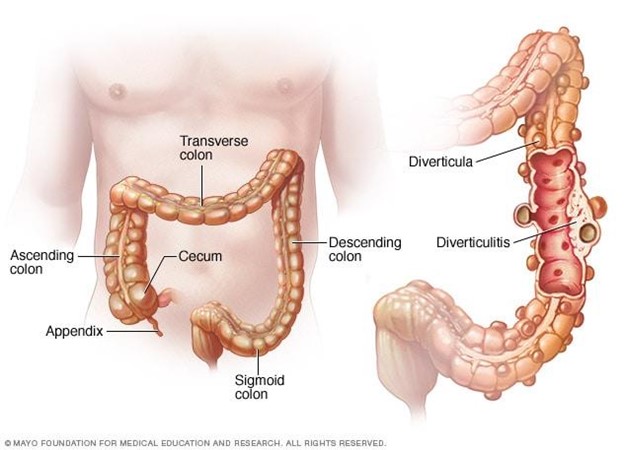A nurse is performing a focused assessment for vision on a client suspected of having vision loss. Which cranial nerve is the nurse assessing when determining if there are visual field or visual acuity deficits?
Cranial Nerve VIII
Cranial Nerve II
Cranial Nerve I
Cranial Nerve VII
The Correct Answer is B
Choice A Reason: This choice is incorrect. Cranial Nerve VIII is the vestibulocochlear nerve, which is responsible for hearing and balance. It does not affect vision or eye movements.
Choice B Reason: This is the correct choice. Cranial Nerve II is the optic nerve, which is responsible for transmitting visual information from the retina to the brain. It affects visual field and visual acuity, which are measures of peripheral and central vision, respectively.
Choice C Reason: This choice is incorrect. Cranial Nerve I is the olfactory nerve, which is responsible for smell. It does not affect vision or eye movements.
Choice D Reason: This choice is incorrect. Cranial Nerve VII is the facial nerve, which is responsible for facial expressions and taste. It does not affect vision or eye movements.
Nursing Test Bank
Naxlex Comprehensive Predictor Exams
Related Questions
Correct Answer is D
Explanation
Choice A Reason: Culture is not a diagnostic test that uses an ultraviolet light source, but a laboratory test that involves growing microorganisms from a sample of body fluid or tissue. Culture can help identify the type and sensitivity of the infection-causing agent.
Choice B Reason: KOH is not a diagnostic test that uses an ultraviolet light source, but a chemical test that involves applying potassium hydroxide to a sample of skin, hair, or nail. KOH can help diagnose fungal infections by dissolving the keratin and revealing the fungal elements under a microscope.
Choice C Reason: Diascopy is not a diagnostic test that uses an ultraviolet light source, but a physical test that involves applying pressure to a lesion with a glass slide or lens. Diascopy can help differentiate between blanchable and non-blanchable lesions, such as erythema or petechiae.
Choice D Reason: Wood's is a diagnostic test that uses an ultraviolet light source, also known as a Wood's lamp or black light. Wood's can help observe color changes to the skin that are not visible under normal light, such as fluorescence or hypopigmentation. Wood's can help diagnose conditions such as tinea capitis, vitiligo, or erythrasma.

Correct Answer is D
Explanation
Choice A Reason: Increasing protein from red meat is not part of client education, as it can worsen the condition and increase the risk of complications. Red meat is high in fat and low in fiber, which can cause constipation and increase the pressure in the colon. Diverticulosis is a condition where small pouches or sacs form in the wall of the colon due to weak spots or increased pressure.
Choice B Reason: Decreasing fluid intake is not part of client education, as it can worsen the condition and increase the risk of complications. Fluid intake should be increased to prevent dehydration and promote bowel movements. Diverticulosis can cause abdominal pain, bloating, cramping, and changes in bowel habits.
Choice C Reason: Incorporating soft foods that are pureed in consistency is not part of client education, as it can worsen the condition and increase the risk of complications. Soft foods are low in fiber and can cause constipation and increase the pressure in the colon. Diverticulosis can lead to diverticulitis, which is inflammation or infection of the pouches or sacs.
Choice D Reason: This is the correct choice. Increasing dietary fiber is part of client education, as it can improve the condition and prevent complications. Fiber helps soften the stool and reduce the pressure in the colon. Diverticulosis can be managed by eating a high-fiber diet, drinking plenty of fluids, exercising regularly, and avoiding straining or holding stools.

Whether you are a student looking to ace your exams or a practicing nurse seeking to enhance your expertise , our nursing education contents will empower you with the confidence and competence to make a difference in the lives of patients and become a respected leader in the healthcare field.
Visit Naxlex, invest in your future and unlock endless possibilities with our unparalleled nursing education contents today
Report Wrong Answer on the Current Question
Do you disagree with the answer? If yes, what is your expected answer? Explain.
Kindly be descriptive with the issue you are facing.
